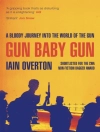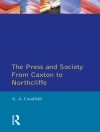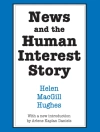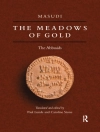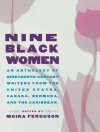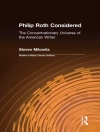Social media has facilitated the sharing of once isolated testimonies to an extent and with an ease never before possible. The #Me Too movement provides a prime example of how such pooling of individual stories, in large enough numbers, can fuel political movements, fortify a sense of solidarity and community, and compel public reckoning by bringing important issues into mainstream consciousness.
In this timely and important study, Helga Lenart-Cheng has uncovered the antecedents of this phenomenon and provided a historical and critical analysis of this seemingly new but in fact deeply rooted tradition. Story Revolutions features a rich variety of case studies, from eighteenth-century memoir collections to contemporary Web 2.0 databases, including memoir contests, digital story-maps, crowd-sourced Covid diaries, and AI-assisted life writing. It spans the Enlightenment, the 1930s, and the twenty-first century—three historical periods marked by a convergence of mass movements and new methods of data collection that led to a boom in activism based in the aggregation and communication of stories. Ultimately, this book offers readers a critical perspective on the concept of community itself, with incisive reflections on what it means to use storytelling to build democracy in the twenty-first century.
Tabella dei contenuti
Introduction
1. Towards Collective Intimacy
2. Early Story Collections: Setting the Stage
3. Libraries of Human Experience
4. To-Gather in Time
5. To-Gather in Space
6. Stories and Statistics
Postscript: Toward Algorithmic Collectives
Notes
Bibliography
Acknowledgments
Index
Circa l’autore
Helga Lenart-Cheng is Associate Professor at St. Mary’s College of California.


